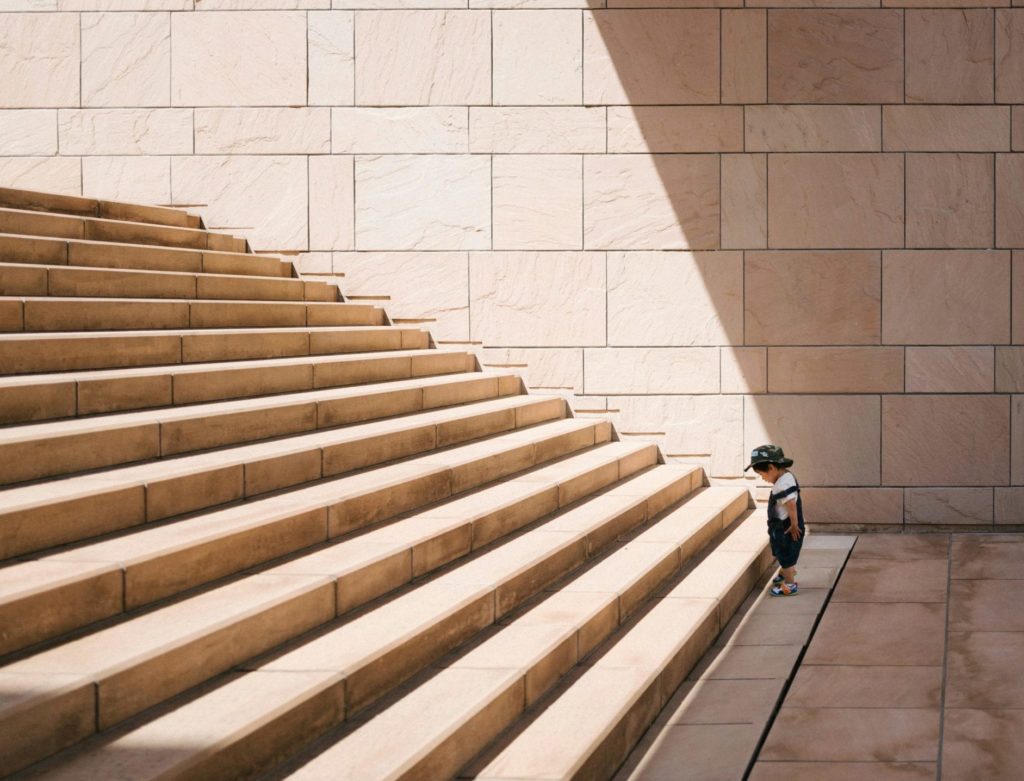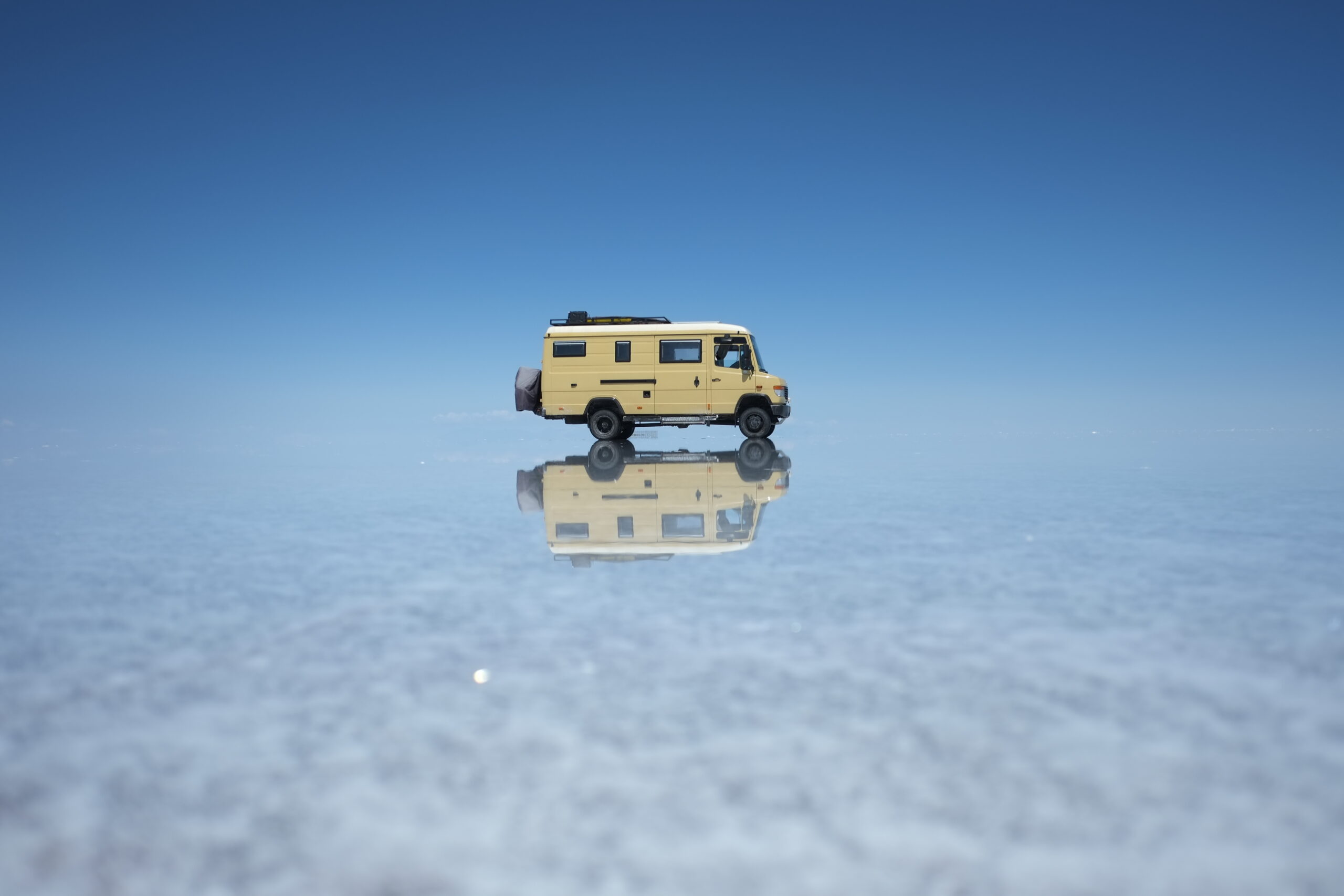
A search for alternative perspectives on humanity and the planet in Chile
Valley of the Possible – A home base for artists, scientists and creatives in search of alternative perspectives on humanity and our planet.
Cañon del Blanco can be found in the proximity of one of Chile’s most active volcanoes, Llaima. In a valley with far streched, deserted agricultural soils, overgrown forests, natural water springs and spectacular panoramic views. So it’s not at all incomprehensible that Mirla Klijn (37) fell in love with this magical world of volcanoes, lakes and Mapuche culture when she travelled from Canada to Patagonia with her partner Olaf. While for most people an infatuation like this would turn into nothing more than a fond memory once they’d return home, this trip ignited a fire in Mirla. “Before we made this journey I was an independent documentary maker for VPRO and VICE among others. But I always longed for a foreign adventure. Something that would exceed my individual career.”
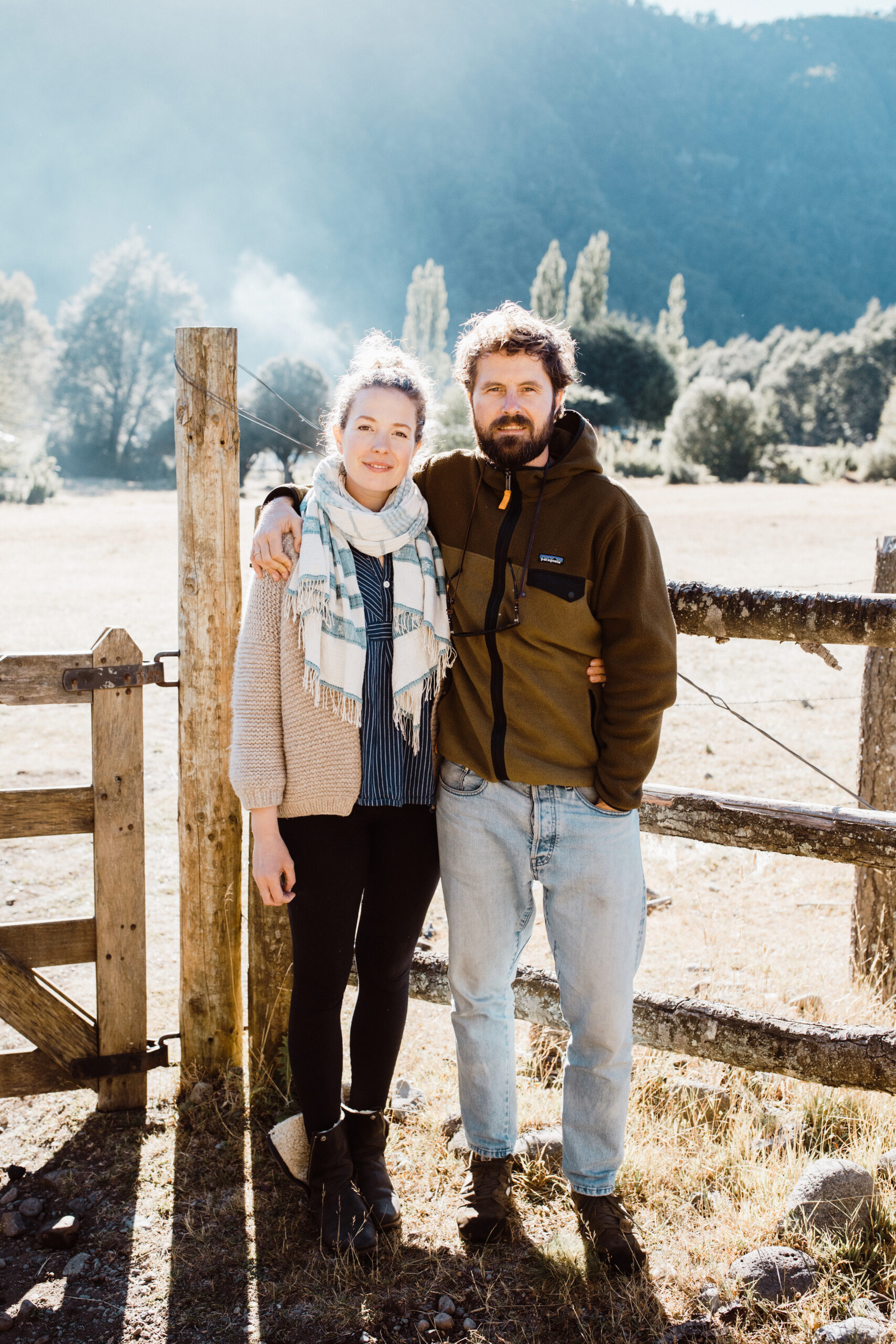
Transformative journey
Mirla and Olaf decided to take a year off to travel the complete continent of America in their Mercedes van (which they named Balthasar). Soon their journey confronted them with the negative impact of climate change, globalisation and the loss of biodiversity. This not only got the couple thinking, it also got them to act. Reading relevant reports and essays by philosophical thinkers and scientists, visiting residencies and the conversations they had with the Mapuche (native inhabitants of Chile) inspired them to create an artist residency. They designed their plans for Valley of the Possible: “We wanted to offer a place and a program to participants and visitors to (re)connect with nature and themselves. By taking the time to reflect and learning about other philosophies and cultures, we try to influence the dominant western views of the world. The arts, in conjunction with other disciplines, can offer these essential new visions in this rapidly changing world in which the consequences of living in a time of ecological downfall are so quickly succeeding each other. Art has the ability to close cultural and social economic gaps and create new stories that mankind so desperately needs to transform itself in these times.”
Dominant western perspective
Ideologies that origin from colonialism and capitalism are ready for a revision according to Mirla: “The whole western ideology about humanity being in charge and therefore being allowed to use both the planet and it’s ‘weaker organisms’ for it’s needs, is outdated.”
Philosopher Charles Eisenstein uses his theory The Story of Separation to explore an explanation for this problem. The past decennia revolved around the individual in western society. None of these individuals are truely connected to each other nor to nature. Lack of this connection is the reason why the individual fails to regard nature as a living organism. “As soon as we see ourselves as a part of nature and take responsibility to act in favour of life, this could bring a shift for the good. When you look around you, there’s life everywhere. You can see there’s not just competition like Darwin and capitalists taught us. But there is much more collaboration and interdependence.”
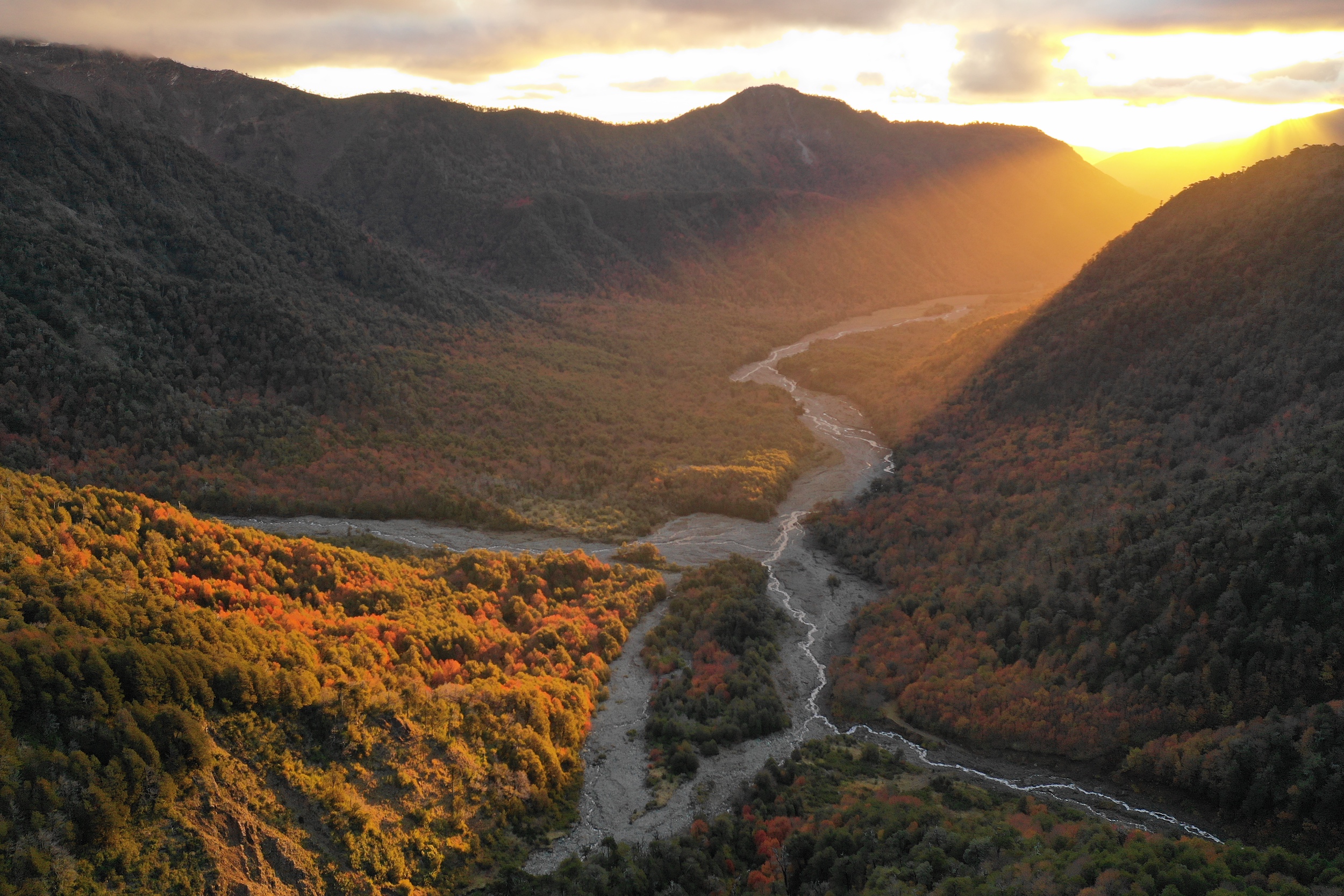
Successful pilot
Artists and scientists have the opportunity to join one of the projects facilitated by Valley of the Possible in Chile. In may of 2019 a pilot with six international artists kicked off. “The pilot went very well and we received a lot of positive feedback. But most importantly: some beautiful collaborations arose from it. One of our essential codes of governance is to aim for reciprocity. We encourage not to join only to get something from it, like inspiration for your own work, but to give back. One of our participants came back to do a new project with us in Chile and one of our Chilean guest speakers has been invited to come to the Netherlands by a participant. At the moment these are our biggest successes. And of course all the new artwork that has been created through our projects.”
Pandemic
The COVID-19 virus has not left Chile unharmed. Next to Brasil and Peru, Chile is even the most affected country in South America. That is why Mirla had to postpone the ongoing project BLACH EARTH about cultivating biodiversity until next year. Despite this setback there’s something to learn form this pandemic according to Mirla: “We can’t go on this way as modern western society. We are connected to everything around us and not separated from it. We are truly dependent on each other and the earth. We can benefit from taking it slow, taking time and growing our focus on and love for our own environment. This pandemic shows we might be capable of more than we think.”
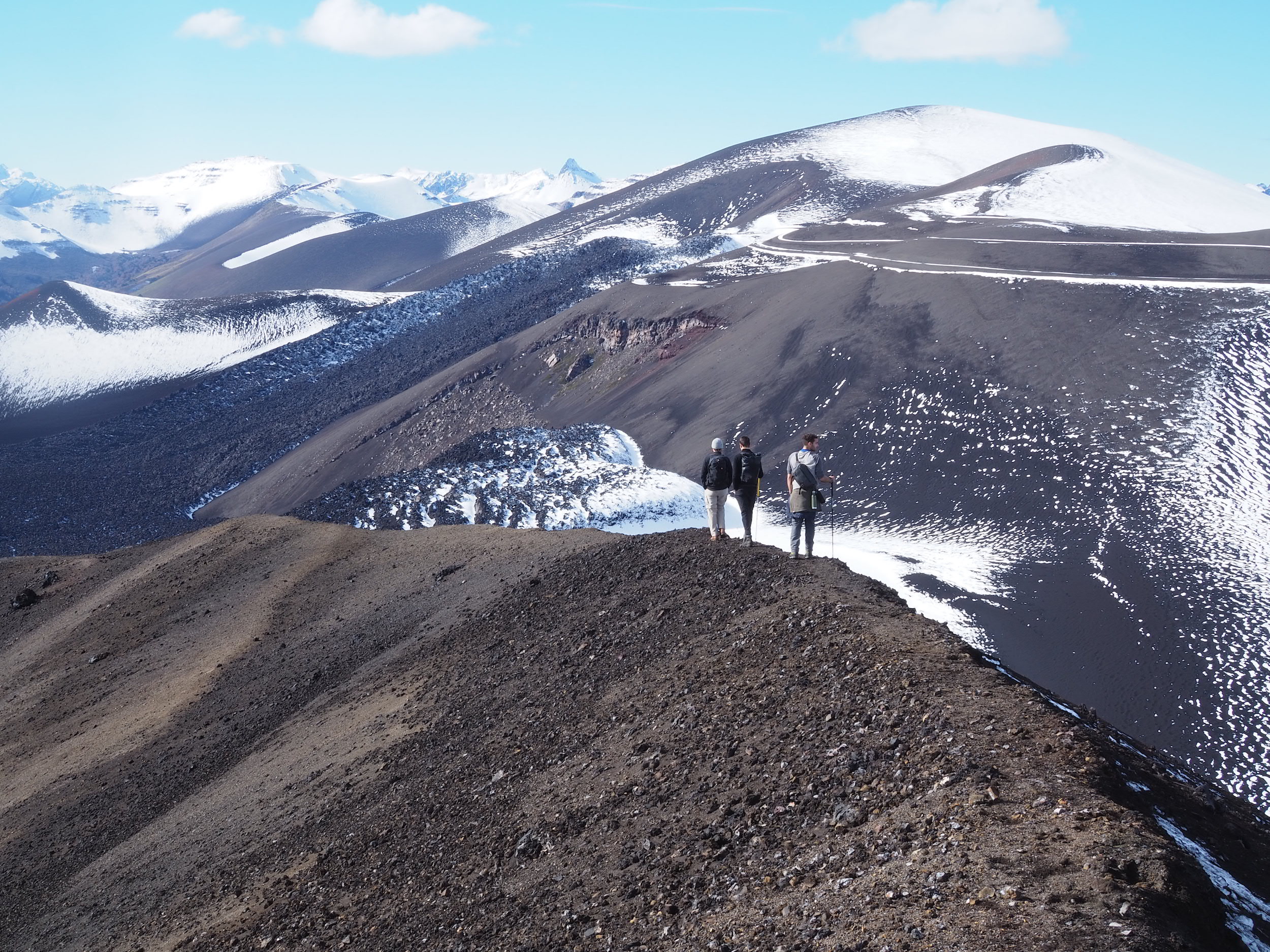
Future
When the dust settles around Corona, people can sign up online to contribute to Valley of the Possible. “You can help us out in various ways. You can for instance sign up as a participant for the next period of residency or you can sign up as a volunteer. Together we’ll look at your talents and wishes and the way you want to contribute. You can also support us by simply donating money so we can continue to develop our own facilities and projects. We already sparked the interest of people in very different disciplines: from marketing managers that want to try something new to students, artists and program managers at art organisations. We’ve even had talks with potential investors. A lot of people can relate to us because of our multi-disciplined approach.”
Website: valleyofthepossible.com
Instagram: valleyofthepossible
Written by: Sidney Steinmann
Translation by: Renée ter Berg



